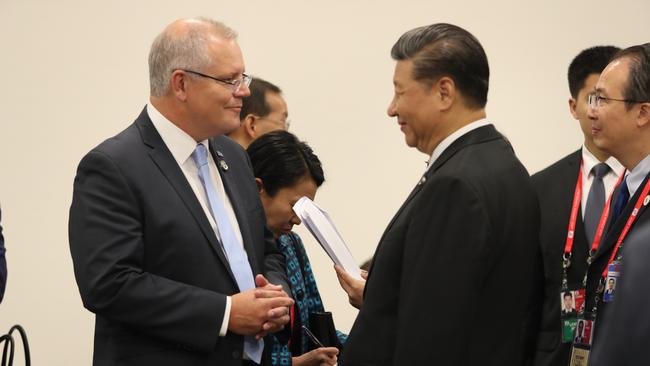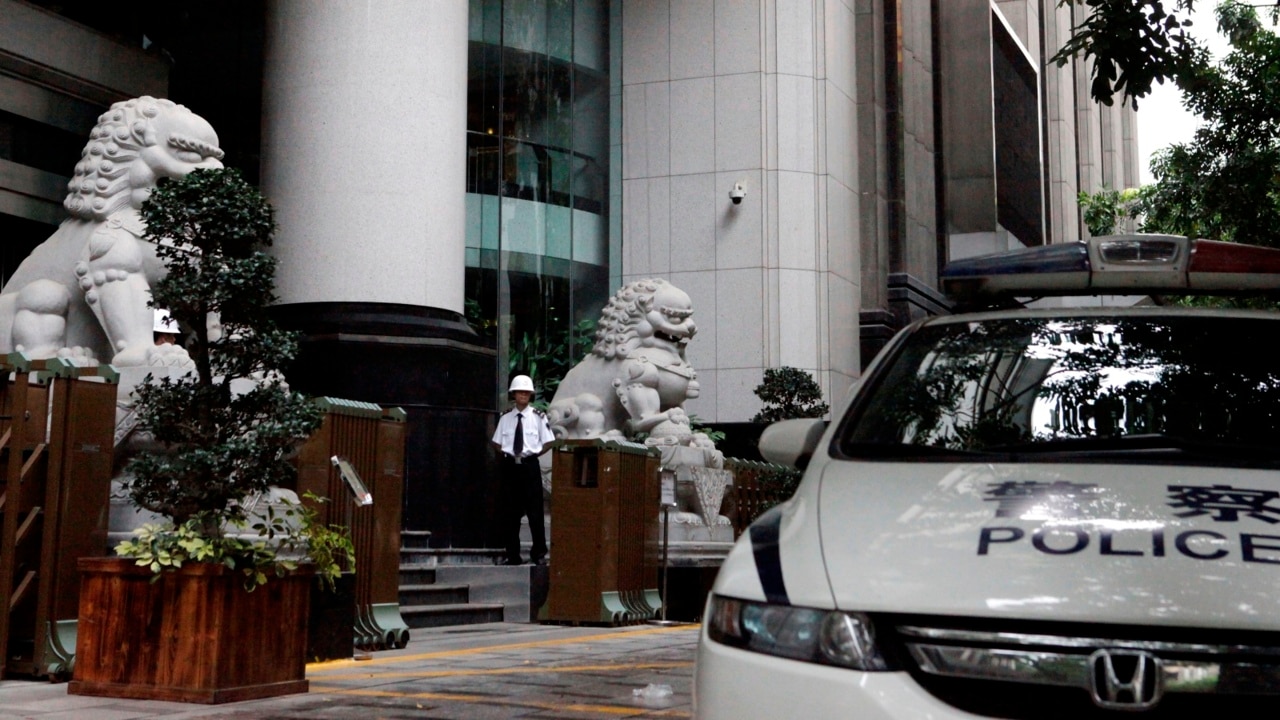
The Morrison government says the legal case is not linked to the recent tensions between Canberra and Beijing. Publicly, they have to say that. But it’s not true.
For the death sentence also has to be seen in the light of a barely veiled threat made by Beijing at the time the Turnbull government withdrew its attempt to get parliamentary ratification of an extradition treaty between China and Australia in 2017.
Malcolm Turnbull alludes to this in his memoir. He writes: “Although it never came up at leaders’ discussions, we had every reason to believe a failure to ratify the extradition treaty would make it harder for us to ensure China did not impose the death penalty on Australian citizens convicted of capital offences.” This is a sensibly low-key way of describing what was really a vicious threat.
Senior federal ministers at the time used the veiled threat as part of their unsuccessful lobbying pitch to try to get votes in the Senate to ratify the treaty.
Eventually the Turnbull government pulled the treaty because Labor and the crossbenches were going to vote it down. The government also faced a revolt from its own backbenchers, with four or five indicating they would have voted against the treaty.
The formulation which government ministers described at the time was that Beijing, out of consideration of its special relationship with Australia, was keeping Australians in prison on capital offences in China away from the death penalty out of consideration for the special relationship between Canberra and Beijing. But if the extradition treaty was rejected, this would damage the special relationship and likely lead to less consideration in these cases. This was nothing more than a diplomatic circumlocution to give effect to a brutal ultimatum: do as we say or Australians will be executed. Now, it seems, this threat is being carried out.

China is believed to execute more people each year than any other country. No one knows the detail, or even the total number, because the Chinese legal system operates with maximum opacity.
Incidentally, this indicates just how foolish it was for Canberra to contemplate an extradition treaty that could have rendered Australian citizens into the hands of the Chinese justice system.
Critics thought the treaty would be used in particular to visit intimidation on the Chinese diaspora community within Australia.
The Gilespie case, in what little detail we have of it, indicates the bizarre nature of the Chinese legal system. Gilespie was arrested in 2013 allegedly in possession of illegal drugs. Yet it is not until mid-2020 that a verdict and sentence are announced. There has been limited consular access to Gilespie in prison.

The range of actions Beijing has recently taken against Australia indicates a determined viciousness in its approach to punishing Canberra over a series of Australian policies it has not liked.
First there were the beef and barley tariffs, then the absurd declaration that Australia is an unsafe destination for Chinese students and tourists because of racism. That this announcement was made when no students or tourists can come to Australia indicates the determination to make a symbolic announcement for the sake of political punishment.
Now comes the Gilespie death sentence. Beijing is involved in a range of diplomatic disputes with nations around the world. It has not been in such an aggressive mood for many decades.
That means the prospect for more punishments in the months ahead. Although Beijing is seriously damaging its own long-term interests, there is a lot of harm it can still do to Australia.
There is no realistic option of Canberra giving in. There is only polite insistence on Canberra following Australia’s national interests, despite Beijing’s objections, as governments on both sides of politics have done in recent years.





The decision by Chinese authorities to give the death penalty to Australian Karm Gilespie, and announce it so boldly on a Saturday, has to be seen as Beijing continuing its fierce and increasingly vicious punishments of Australia.